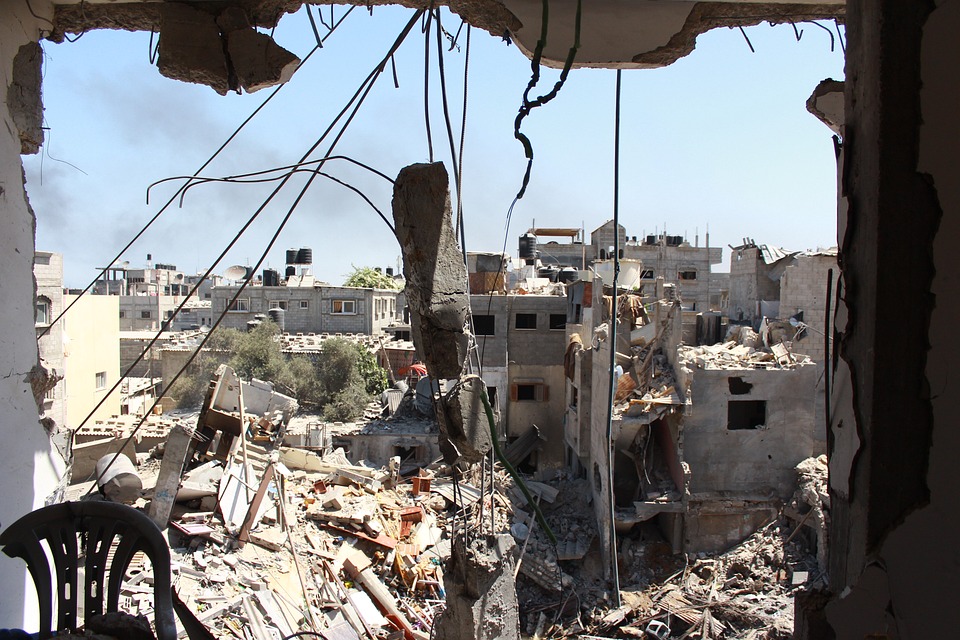In the wake of February's end, Haiti has plunged deeper into turmoil, grappling with a surge in violence perpetrated by armed groups that have tightened their grip on significant swathes of the country, notably in the Port-au-Prince metropolitan area.
The eruption of violence across various neighborhoods of the capital on February 29th was compounded by the escape of thousands of inmates from Port-au-Prince's two main prisons the following day, exacerbating the prevailing insecurity. Within a matter of days, over 15,000 people were forced to flee the violence (OCHA), seeking refuge in overcrowded schools, resettlement sites, and makeshift shelters. Alarmingly, more than half of the country's 362,000 internally displaced persons (IDPs) are children (UNICEF), highlighting the level of vulnerability of the affected population.








